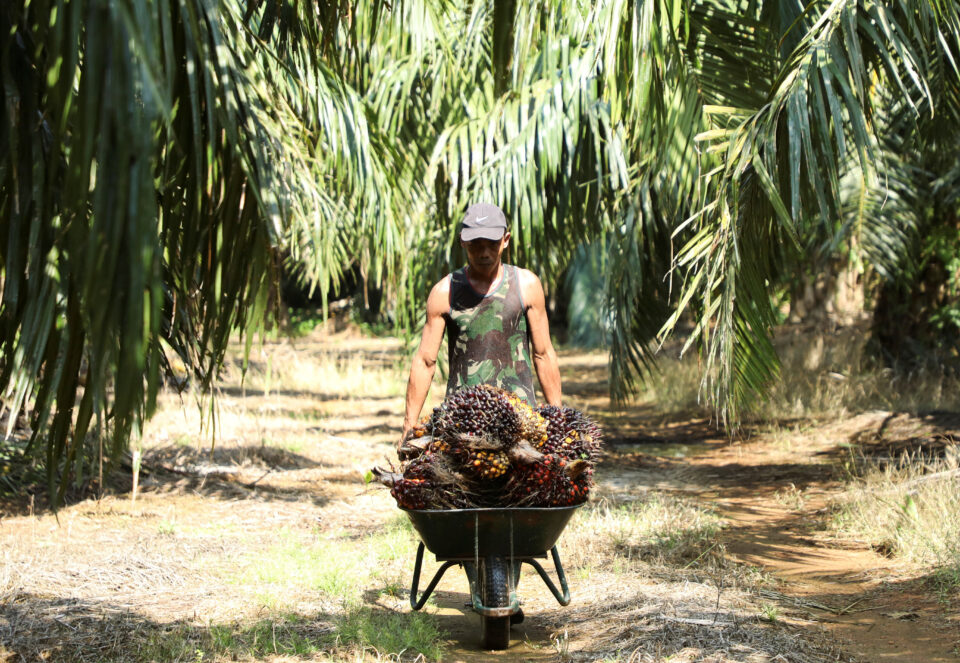KUALA LUMPUR, April 4 — The government, under the National Security Council (MKN), is reviewing and studying the possibility of allowing refugees and asylum seekers in Malaysia to work temporarily in the plantation sector as a way to overcome the workforce shortage issue, the Dewan Negara was told today.
Deputy Prime Minister Datuk Seri Fadillah Yusof, who is also Plantation and Commodities Minister, said currently the government, under MKN, clearly bans refugees or asylum seekers from working in all sectors in Malaysia, including the plantation sector.
“There was a pioneer project previously, however, that was implemented by the government that allowed these groups to work, but the project failed and the matter is under review by the MKN,” he said during the wind-up session of the Supply Bill 2023 at Dewan Negara here today.
The matter was brought up by Senator Datuk Dr Dominic Lau Hoe Chai who suggested that the relevant ministry study the use of temporary workers from refugees and asylum seekers to resolve the lack of workers in the plantation sector.
Fadillah also said the government was committed to spurring the agri-commodity sector beyond the various challenges it faced through various efforts to ensure that agri-commodity products were competitive, and also focused on the development and commercialisation of technology.
“My ministry is always committed to implementing various methods to modernise equipment and planting methods in the oil palm sector, including intensifying the promotion of mechanisation and automation through the Mechanisation and Automation Research Consortium of Oil Palm (Marcop),” Fadillah said.
His ministry and industry players also funded Marcop through matching grants of RM60 million in 2021 and Marcop has received 23 applications so far, he added.
“Also, RM50 million in funds have been prepared this year through matching grants as announced during the Budget 2023 to encourage automation and plantation through the use of robotics and artificial intelligence (AI),” he said.
On upgrading the biodiesel programme from B10 to B30 as set in the 12th Malaysia Plan (12MP), Fadillah said the expansion of the biodiesel programme to B20 and B30 was subject to the availability of infrastructure at depots involved and would take at least three to four years.
“There is a need to review the target and currently, the B10 programme in the transport sector is mandatory in Malaysia and the B20 programme has been implemented in Langkawi, Labuan, Sarawak (except for Bintulu),” he added.
In the 12MP, the government has targeted the introduction of the B30 biodiesel programme by 2025.
— Bernama





